Black and multi-racial business owners on the hurdles they face
- Published
Graphic designer Melin Edomwonyi, from Cardiff, runs a business selling T-shirts
The struggle to find finance, a tricky work-life balance and a lack of confidence are all recognised barriers for female entrepreneurs.
But are there additional issues facing black and multi-racial women in business?
Official figures show that of the more than 5,000 start-ups supported by Business Wales in the past five years, 58% have been by women and 10% by black, Asian and minority ethnic people.
There is not a breakdown to show how many of the latter percentage are women.
Wales' Economy Minister Vaughan Gething said he recognised it could be exhausting working twice as hard just to get your foot in the door.
These women have spoken to BBC Wales about the additional hurdles they say they face.
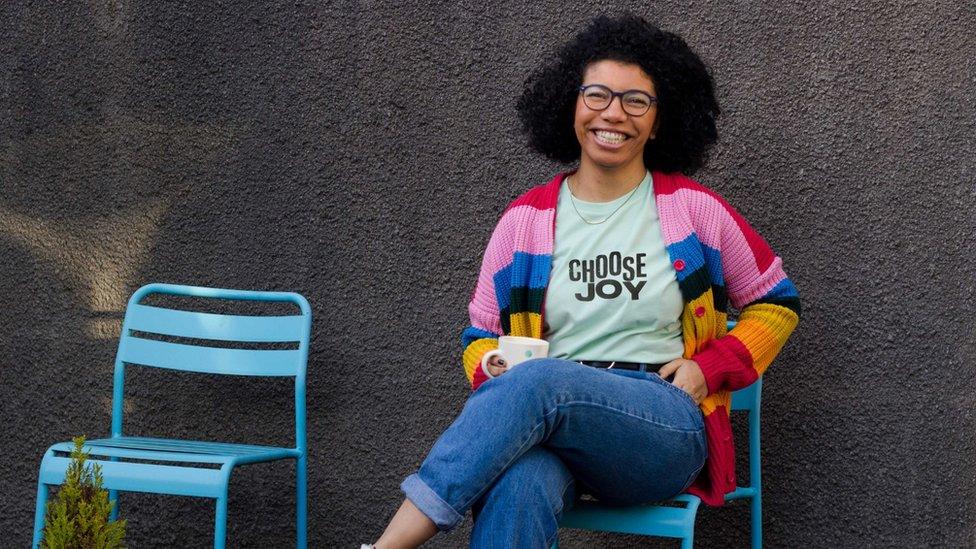
Graphic designer Melin Edomwonyi sells slogan T-shirts to empower and motivate people
Melin Edomwonyi from Cardiff has worked in the creative industries for more than 15 years.
She is a graphic designer who, after a bad break-up, recently started a small business selling slogan T-shirts aimed at empowering and motivating people.
The 38-year-old has mixed Turkish and Nigerian heritage and identifies herself as "mixed-black".
She describes "feeling pressure" to be a visible role model to other young entrepreneurs.
"I want people of colour, young people…to feel encouraged and to see what I didn't see when I was growing up" she said.
'I want to show up'
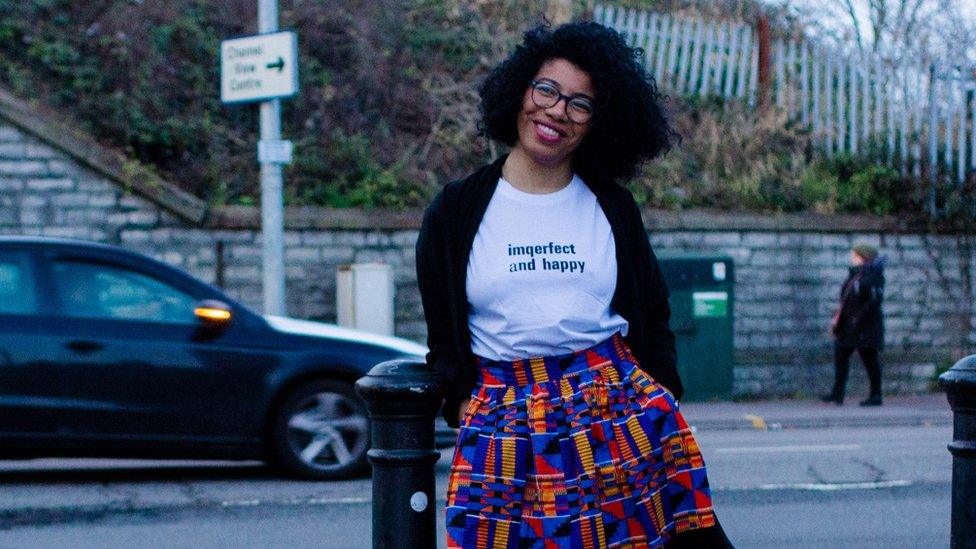
Melin Edomwonyi
The creative director said she fought insecurities about appearing on-camera and public-speaking to make sure she is seen.
"It's been such a rare occasion for me to see women of colour in the position that I am now... so because of that reason I feel like I want to show up", she added.
The designer, has invested her own money into her 'Lil Titsy' business to keep it going.
She said in her experience it could be a challenge for relatives to see entrepreneurship, or any creative industry, as a valid career choice.
"Something that I have personally experienced is that black and ethnic minority communities are very stuck on certain types of jobs," she said.
"I often find there are young people who want to be a designer, photographer or illustrator but they can't convince their family to do it because the thing in the family line is to become a doctor, an engineer, maybe even a teacher" she added.
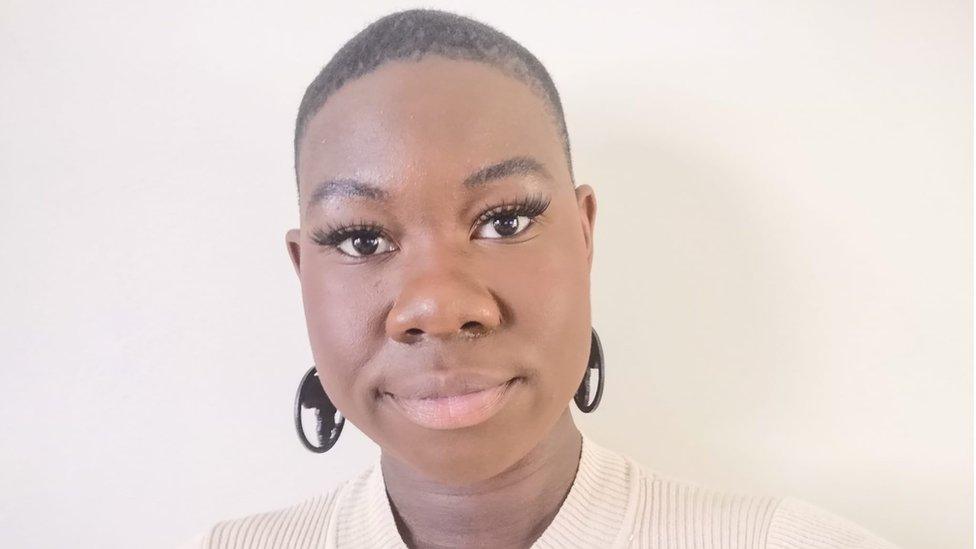
Azaria Anaman says she knows of business owners who had taken steps to hide their ethnicity
It was "stumbling" upon a start-up business workshop as a student at Cardiff University that changed Azaria Anaman's life.
Chatting over zoom between back-to-back meetings for her two businesses, the 24-year-old described working three days a week to fund her entrepreneurship.
Unlike most other graduates, she said one of her biggest fears when finishing her degree was losing vital business support and mentoring as she moved back to London.
"I had to like really sit down and think about whether I wanted to stay in Wales or not because the support... was so great" she added.
It makes sense, she said, to be the face of her false eyelash business, Eni Lashes, offering tips and tutorials online, but she knows other businesses owners who have taken steps to hide their ethnicity.
"I know of an entrepreneur who has a jewellery business, like diamonds and jewels and such, and on their social media page they wear gloves so they can't see the colour of their skin because it affects the sort of clients they get" she said.
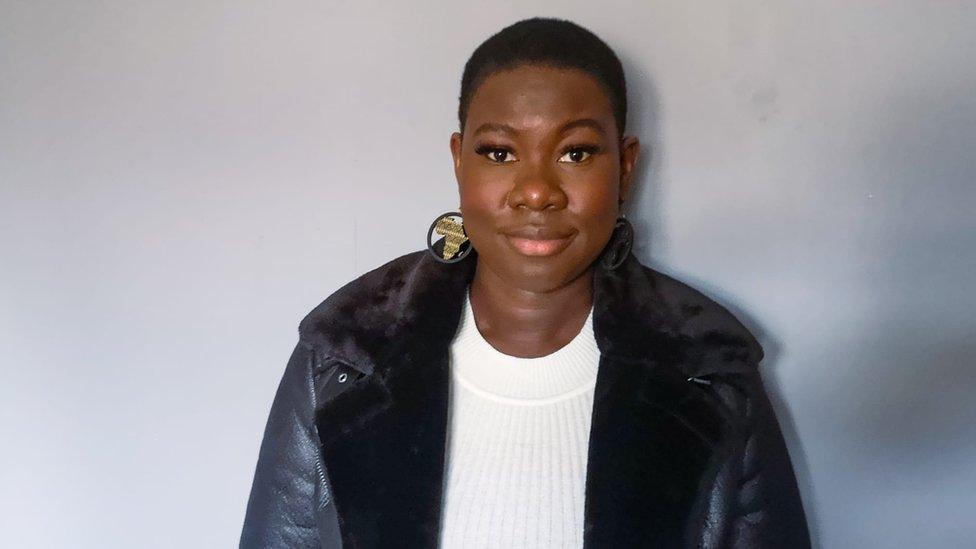
Azaria Anaman said she knew of some business owners who had tried to hide their ethnicity
The entrepreneur has Ghanaian heritage and does not have those concerns herself, but has wondered whether she could be disadvantaged as she seeks financing in future.
"Not having a lot of venture capitalists that are from a black background does affect the people that receive the funding" she added.
Mr Gething said he recognised the challenges faced.
"Given that...you're more likely to fail if you look like me than to succeed, regardless of talent, it would be surprising, frankly, if these attitudes weren't in every sphere in society," he added.
Mr Gething said the statistics show the Welsh government was "doing well".
"We're still not in a position where we can say enough has been done"
Business Wales promotes entrepreneurship among young people, supporting new businesses and providing advice and support to established small businesses.
It also offers financial support to help people access their services in the first place, such as helping a single parent pay for childcare so they can attend a workshop.
Mr Gething said the organisation also ran a programme for role models as well as running outreach to refugee communities and in churches and mosques.
The Welsh government added it was committed to supporting entrepreneurial women in Wales and had an action plan to increase participation.
One of its recommendations is tailoring existing business support to meet the need of women entrepreneurs and recognising their different characteristics, culture and circumstances.
- Published9 August 2020
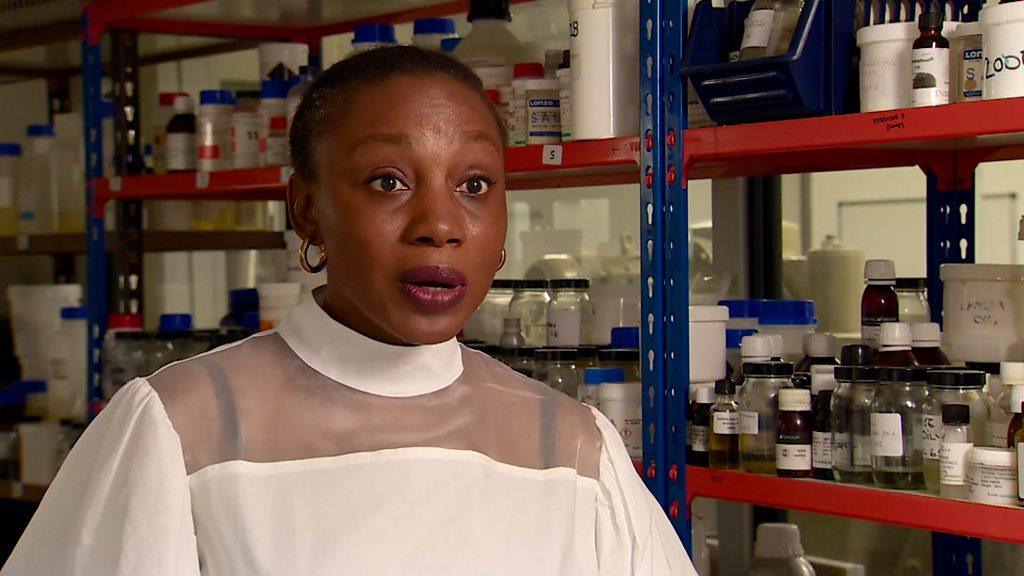
- Published28 June 2020
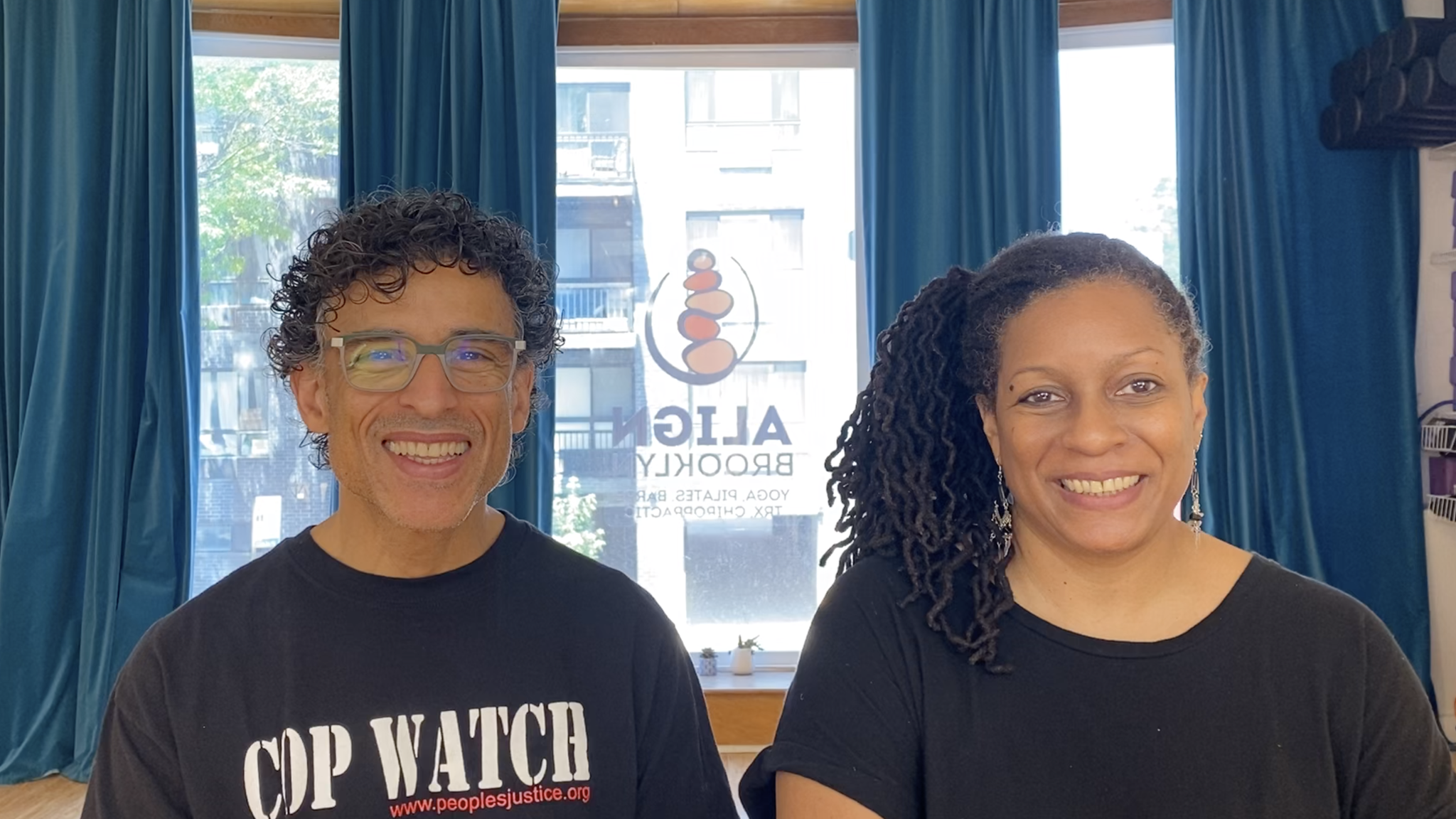
- Published7 December 2021
